Slow tourism is all about slowing down to have a more meaningful experience while traveling. Think of it as the complete opposite to rushing around and ticking things off a bucket list!
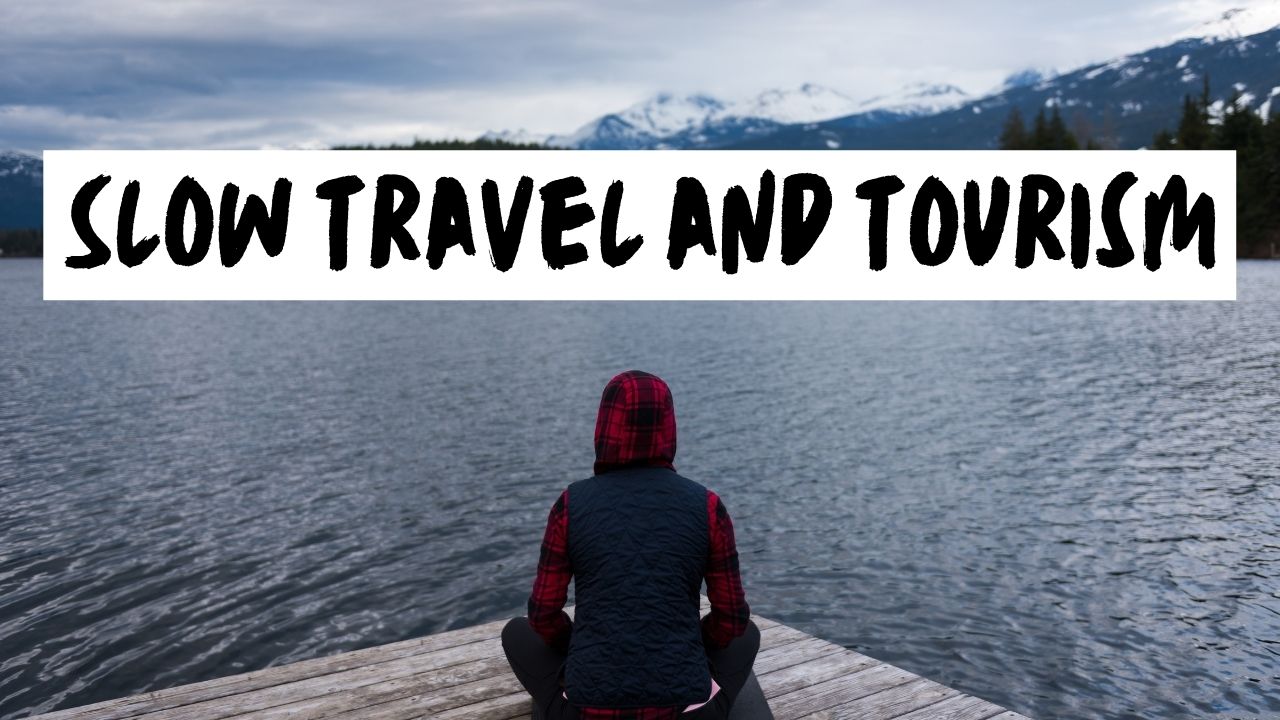
It's about being more connected to the local culture, food, music and people. You could define slow tourism by saying it is the philosophy of experiencing fewer things on a deeper level than many things on a superficial level.
In this article, we will discuss what is slow tourism and how you can practice it to travel with a different experience than just seeing the main attractions and ticking them off your list.
Slow Travellers and Life Changing Experiences
People travel for different reasons. Slow tourists are more attracted to the local history and culture of a country, also preferring locally produced foods and beverages, and savoring authentic experiences at a slow pace.
This type of tourism is not only more enjoyable on an individual level, but is more sustainable for local communities and the environment. When traveling slow, some tourists may choose to volunteer or work for a certain time period in exchange for food and accommodation as I did when grape picking in Kefalonia for a few months.
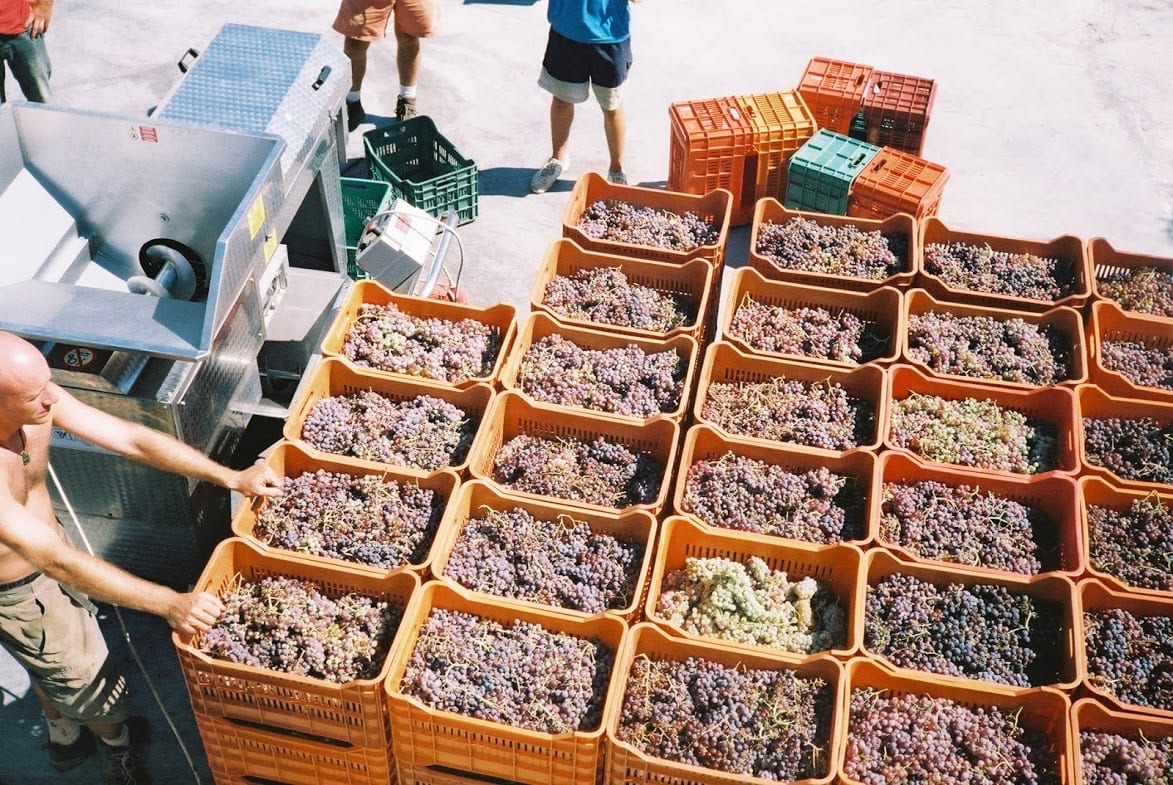
This type of travel is popular among younger generations who seek new experiences, but also long-term travelers who have been bitten by the “travel bug” and can't get enough of it.
Enjoying more at a slower pace
I far prefer to travel slowly than rush around from place to place. One of my favorite things to do on vacation is eat at a restaurant that has locals in it. I love how you can see what people are eating and how they like their food prepared. It makes me feel more connected to where I am when I get to try these foods myself! I'm not saying this because I want you to think I'm cool or anything; it really does make me feel more involved in the culture around me. And isn't that one of the best parts of traveling? Becoming immersed into new cultures? Slow tourism lets us do that without rushing too much.
Slow Tourism redefines the idea of what it means to be on vacation by providing an opportunity to see more with less effort. This way, you can experience all that a destination has to offer without being overwhelmed, getting travel fatigue or missing out on any opportunities along the way.
Related: 20 Positive Ways To Be A Responsible Traveller
Benefits of Traveling Slowly
Taking things slow as you travel around the world has many benefits. Here's some great examples of why it might be time to be part of the Great Resignation and embark on a life changing experience!
Experience local culture
By traveling slowly, not only will you get to know the local people and their culture better, but you'll also get to see their skills at work. For example; seeing how food is made by traditional methods in remote villages or spending time with a family that lives deep in the forest perfecting old crafts like basket weaving or wooden carving.
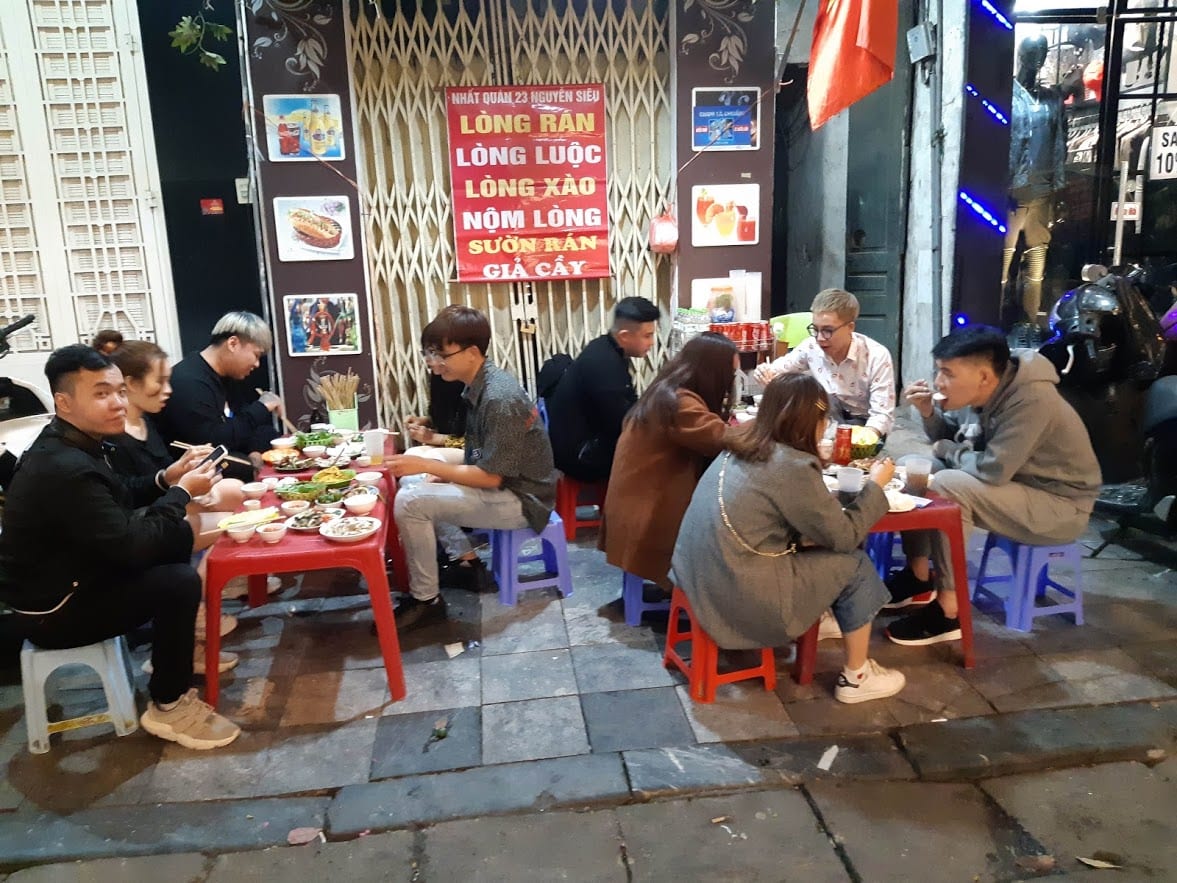
Even everyday activities such as visiting the local market can be a very interesting experience in itself. This way you can see what locals are eating, how they shop and which products are in season.
By being a part of the local community, if even only temporarily, you will feel as if you belong and become a member of something bigger than yourself. Slow tourists can experience more social interaction as they move slower through their surroundings and spend time with locals instead of bypassing them all the time.
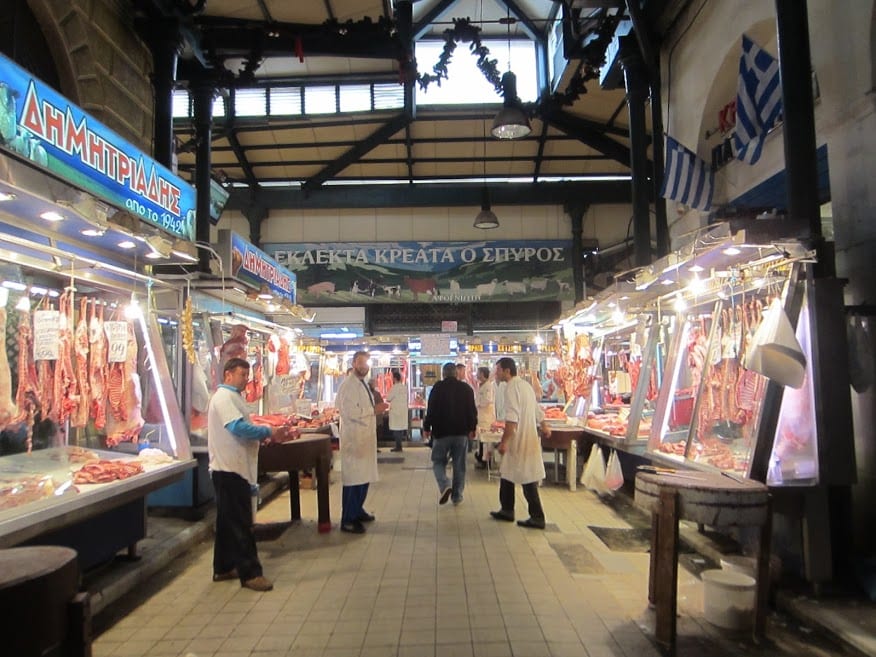
Related: Authentic Travel Experiences vs Modern Convenience
Discover hidden spots
Slow tourism is all about saying no to the tourist traps and yes to authentic, local experiences. If you take your time while traveling around to all the hidden spots in a destination, you'll have plenty of unique opportunities to have one-of-a-kind travel moments.
It's important to remember that just because something isn't popular among tourists, it doesn't mean you won't like it! It's the beautiful anonymity of traveling slowly that gives you this opportunity.
Nothing quite beats the feeling of discovering new beaches in Greece than only the locals know about and having it all to yourself!
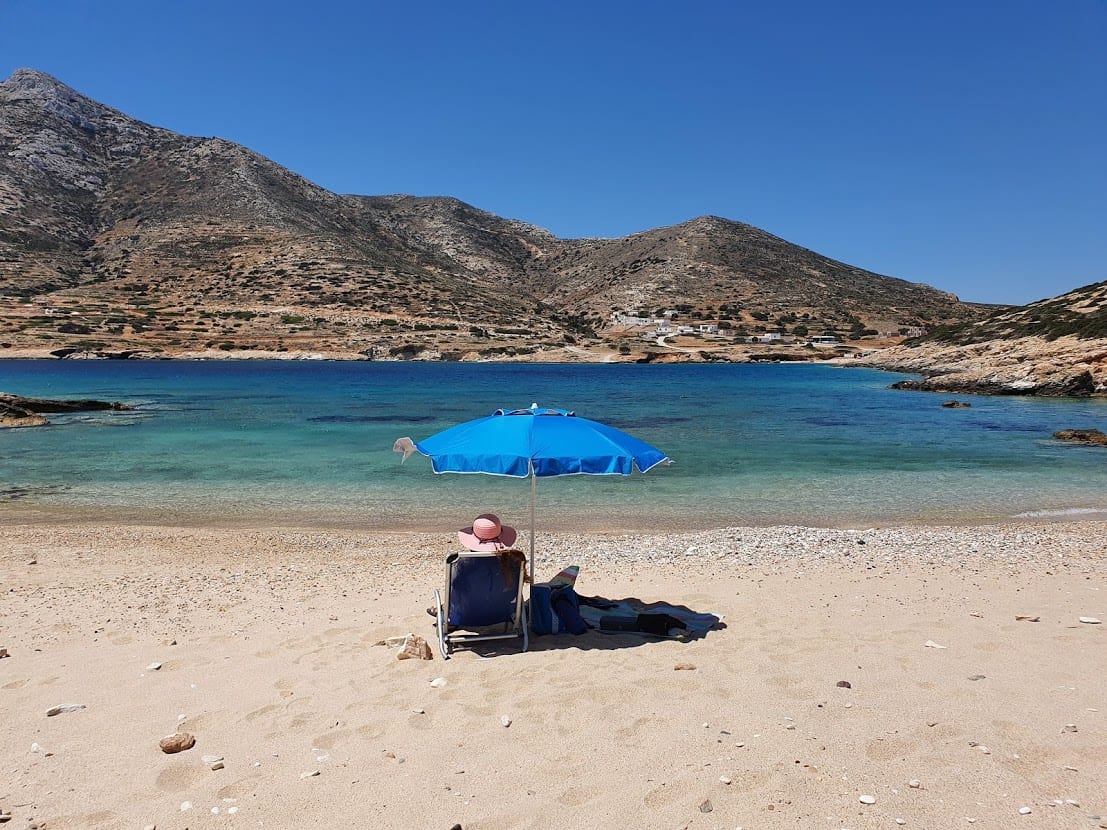
Experience a destination in depth
Slow tourism can help you get to know a destination in depth and from an insider perspective. This way, when you depart from your chosen spot to continue your travels around the world, you'll leave with a much better understanding of what makes that place different from everywhere else.
You will have been able to delve into its local history and traditions, tried unique foods and drinks and been able to fully absorb yourself in all aspects of life in a specific location.
Learn new skills
By traveling slowly, you may also have the opportunity to learn new skills. It's a great way to use your time wisely!
Do you know how to windsurf? Want to learn how to make artisan cheese? Perhaps you'd like some tips on how to grow a traditional herb garden or harvest honey from your own hives.
Slow tourism will give you the opportunity to try something new and exciting! You can even make friends with locals who'll teach you these things like when we visited Fyti near Paphos in Cyprus.
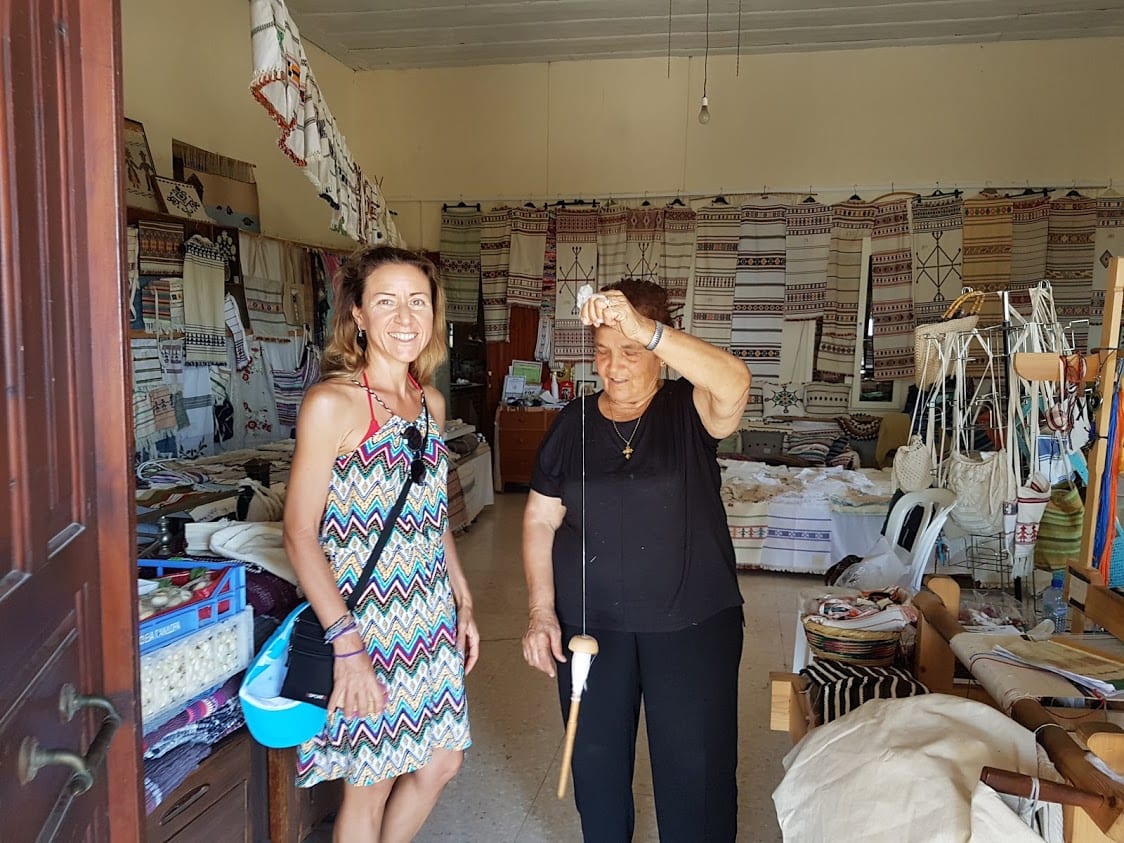
Reduce your carbon footprint
I'm a big fan of sustainable travel – as you've probably seen by my blog posts about bike touring around the world! While I'm not saying you should make your next trip by bicycle, it is an eco friendly way to see new destinations!
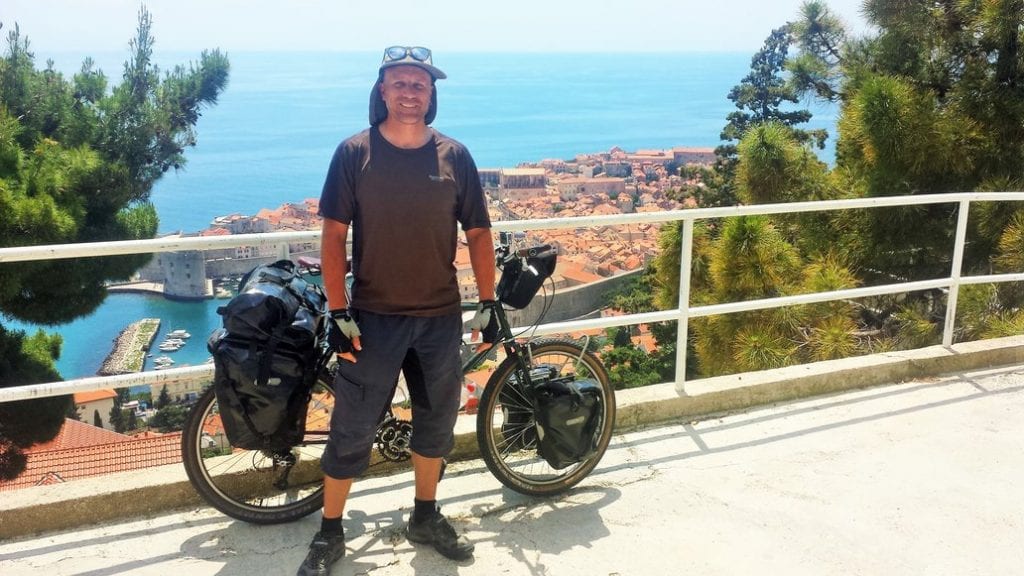
By slowing down and exploring in depth, you'll get less of an impact on the environment and be able to enjoy a destination in a more sustainable manner.
If cycling around the world is not your thing, take your time and walk more instead of taking taxis or public transportation. If you really need to take a taxi or bus, look into carpooling with fellow tourists or renting a bicycle when available!
Time out for self reflection
Traveling is not only about new adventures. As you slow down, you'll have time for contemplation.
Take a break from the world and just relax with your thoughts! Slow tourism is also about getting perspective on yourself and your life back home. When was the last time you actually took the time to sit down and think? If there was no one trying to interrupt your personal thought process, what would you come up with?
If you're like me, I bet it's been way too long since that happened (if ever).
Being able to take this kind of time out for yourself will make for an enlightening experience while traveling slowly – even if there are moments where nothing exciting happens at all! It's okay if nothing happens
There are times when you will get bored slow traveling. When this happens, there is no need to get frustrated! Slow tourism is not about always having an exciting new thing happen every single day. Sometimes it's more meaningful than anything else just enjoying the time you have with yourself and the people around you.
Discover How to live for yourself and travel more
It's cheaper!
Finally, did you know that traveling slowly overland is far cheaper than rushing from country to country? In fact, you can spend the same in one month of slow travel as you could in just a few days of travel when adhering to an action packed schedule.
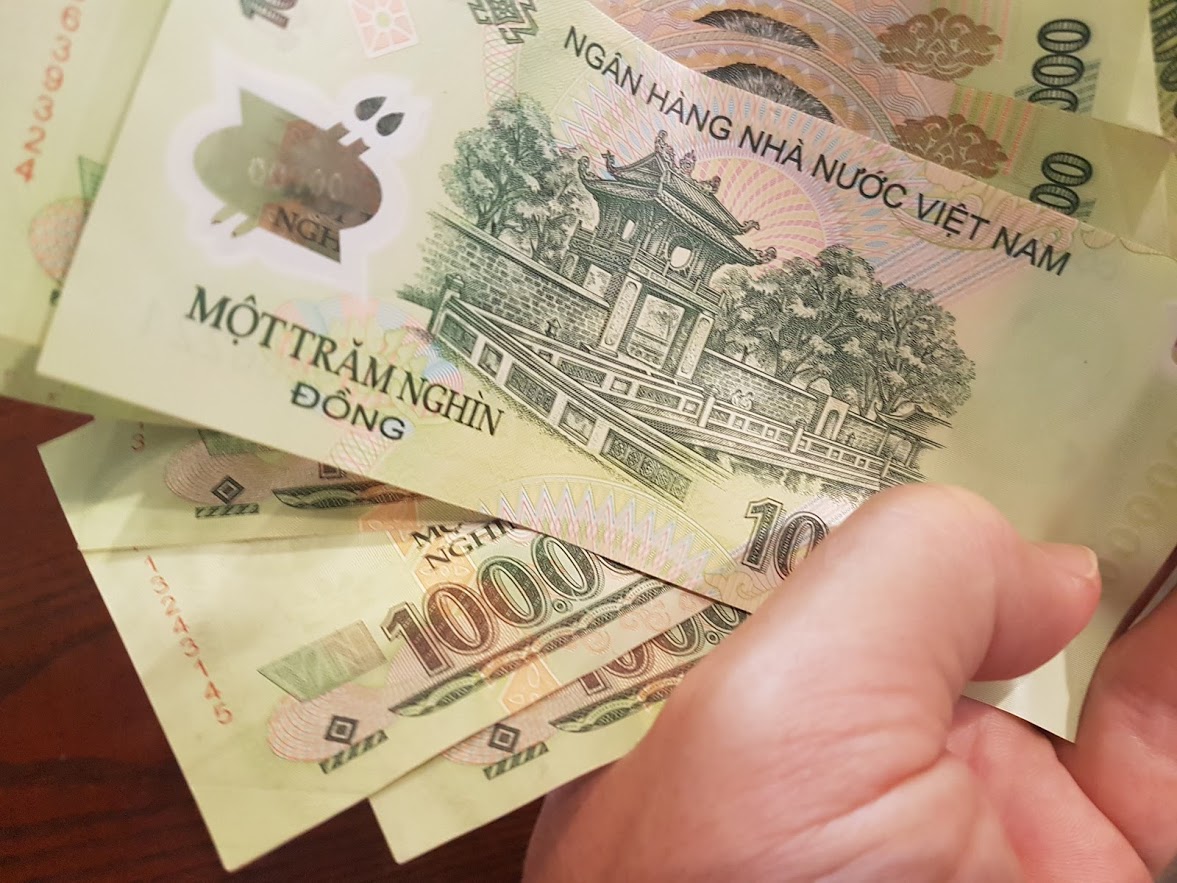
When traveling slowly, you can spend more time in all of your stops. This means that your transport costs are reduced, and you can also find better deals for accommodation when you stay longer in one place.
Back to bike touring again for a minute – Did you know that I cycled Alaska to Argentina on 10 dollars a day? Slow tourism really can be quite affordable!
Related: How to afford to travel around the world – Tips and Tricks
FAQ About Slow Travelling
Readers interested in escaping the tourist trail, and who prefer to take time to explore local destinations at a more relaxed pace often ask questions similar to:
What is meant by slow travel?
A “slow” approach to travel means moving at a relaxed, comfortable pace; slowing down to enjoy the moment; not worrying about rushing around and ticking off things from a bucket list.
Why slow tourism is becoming more popular?
Slow tourism is becoming more and more popular because there are many people in the world who don't want to travel fast or be part of the mass tourism industry and just want to enjoy their trip at a slower pace.
What are 3 types of tourism?
Domestic tourism, inbound tourism, and outbound tourism are the three main types of travel. In addition to these, there are numerous variations on top of them: slow tourism, adventure tourism, internal tourism, national tourism, and international travel.
Why is slow travel important?
Slow travel is important because it allows travelers to ‘slow down and experience deeper meaning'. Whereas fast travel is about ticking things off a list before time runs out, slow tourism seeks opportunities for authentic experiences that lead to long-term enriched memories. Slow trip goers often enjoy more of what a destination has to offer than fast tourists who often miss out on key parts.
Where are some good slow tourism destinations?
Some ideal destinations to explore at your own pace (slow of course!), include Crete in Greece, Baja California in Mexico, and the South Island in New Zealand.
Related: Reasons Why Long Term Travel Is Cheaper Than Regular Vacations
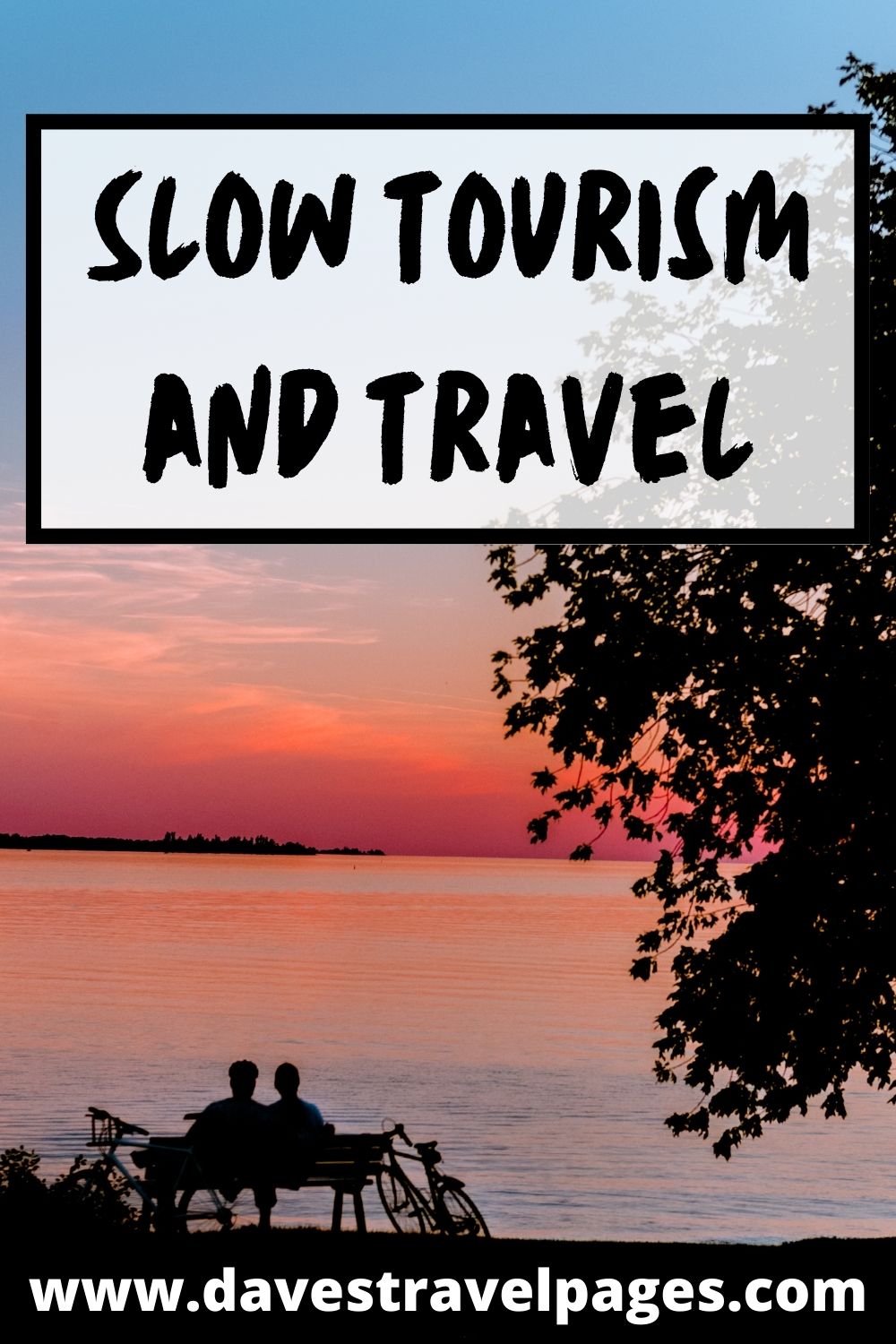
Wrapping up:
You can get to know the best local spots that are off the beaten path, truly immerse yourself in a destination and enjoy its natural beauty instead of rushing from one historical site to another!
Instead of trying to fit in every single sightseeing opportunity on your list, slow travel encourages you to take more time out for rest. This allows you to explore an area at your own pace without expending all your energy.
Because there's less pressure on seeing everything, you can really be present when it comes to taking in each day. Take advantage of this concept by not having any set plans for what you want to do each day or even where you're going next.
You might also like to read:
- Advantages and Disadvantages of Travelling
- The best movies about travel guaranteed to spark your wanderlust
- Bicycle Touring South America: Routes, Travel Tips, Cycling Diaries
- European Bucket List
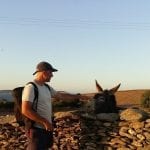 – Dave Briggs
– Dave BriggsDave is a travel writer who has been blogging at Dave's Travel Pages since 2005. In addition to this introduction to slow travel and slow tourism, he's written hundreds of other insightful travel guides and itineraries to destinations all over the world. Follow Dave on social media for travel inspiration from Greece and beyond: